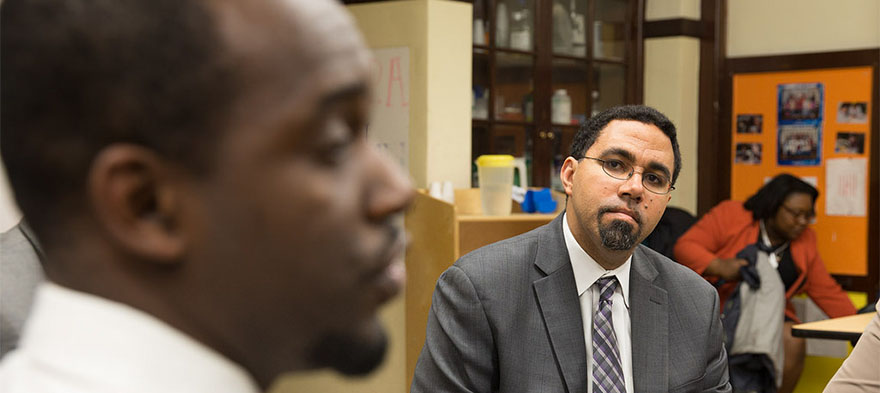
Thomas Toch is director of FutureEd, an independent think tank at Georgetown University’s McCourt School of Public Policy. He is a former senior partner at the Carnegie Foundation for the Advancement of Teaching and director of the foundation’s Washington office. He is a founder and former co-director of the think tank Education Sector, a former guest scholar at the Brookings Institution, and he has taught at the Harvard Graduate School of Education. Toch helped launch Education Week in the 1980s, first as a writer and then as the publication's co-managing editor. He spent a decade as a writer and editor at U.S. News and World Report and has contributed to The Atlantic, The New York Times, The Washington Post, The New Republic, Newsweek, The Wall Street Journal, New York Magazine, The Wilson Quarterly, The Los Angeles Times, and The Washington Monthly. His work has twice been nominated for National Magazine Awards. He’s the author of two books on American education, "In the Name of Excellence" and "High Schools on a Human Scale."
If you have a child with disabilities, you’re not alone: According to the latest data, over 7 million American schoolchildren — 14% of all students ages 3-21 — are classified as eligible for special...
The fight for educational equity has never been just about schools. The real North Star for this work is providing opportunities for each child to thrive into adulthood. This means that our advocacy...
The story you tell yourself about your own math ability tends to become true. This isn’t some Oprah aphorism about attracting what you want from the universe. Well, I guess it kind of is, but...
Your donations support the voices who challenge decision makers to provide the learning opportunities all children need to thrive.
Ed Post is the flagship website platform of brightbeam, a 501(c3) network of education activists and influencers demanding a better education and a brighter future for every child.
© 2020–2024 brightbeam. All rights reserved.